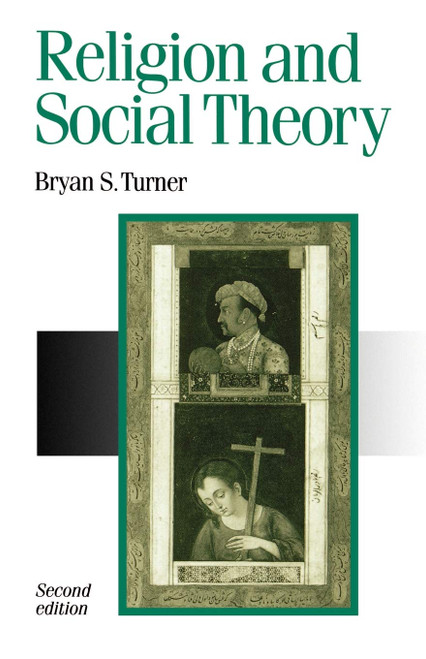The Taliban are yet another manifestation of the growth of radical Islam worldwide. This book explores what they stand for and the factors leading to their rapid rise to military and political dominance over Afghanistan. It considers the many influences on their ideology emanating from within the country, the Indian sub-continent and the Middle East. It describes the war which continues to afflict the Afghan people as well as the geo-political context and the possible part played by certain powers in the region, and by the United States, in the Taliban’s dramatic expansion.
Peter Marsden sets his account in the context of the modern history of Afghanistan and the complex mosaic of mujahidin movements and factions which opposed the Soviet military intervention. He shows how it was the continuing internecine conflicts following the Soviet withdrawal which laid the ground for the unexpected emergence of the Taliban. And turning to the current situation, Peter Marsden discusses one issue which directly affects the international community--namely the tortured dialogue between it and the Taliban as human rights concerns are pitted against rigidly held social convictions. In concluding, he reflects on the many issues raised by the Taliban's emergence for Afghanistan and for the world more generally.
This book looks beyond negative stereotypes of radical Islam to present the unique and complicated character of an Islamic revivalist movement lie the Taliban. It confronts the issue of international responsibility in situations of chronic conflict brought on by external interference. It presents the impossible dilemmas faced by humanitarian agencies in seeking to reconcile the evident need for assistance with the often difficult political and human rights context in which they are working. And it examines the cultural conflict between Western thinking and the Taliban’s interpretation of Islamic values, particularly in relation to gender, and asks how the international community should deal with this conflict.
This book is an essential introduction both to the continuing tragedy of Afghanistan and to the specific character of the Taliban in relation to other Islamic political movements.
Editorial Reviews
"Marsden has written a compact book about the ultra-fundamentalist Islamic movement known as the Taliban that has ruled most of Afghanistan since 1996. Afghanistan, one of the world's least developed countries, has had a tortuous history in recent decades. The Soviet invasion in 1979 led to a brutal war that set the stage for the internecine civil war that has engulfed Afghanistan unabated. The Taliban's leaders view other Muslim groups as not sufficiently Islamic and have set out to replace them by force. The author, information coordinator of the British Agencies Afghanistan Group and a research associate at Queen Elizabeth House in Oxford, traces the genesis and development of the Taliban and places the movement within Afghanistan's societal and ethnic mosaic. He also analyzes the group's ideology and policies within the context of domestic Afghan and regional politics. This informative and readable guide to the labyrinth of contemporary Afghanistan is useful for both general readers and academics alike." --Library Journal
"[S]uccinctly reviews Afghanistan's history and complex ethnic and linguistic map, then situates the rise of the Taliban." Margaret A. Mills, The New York Times
About the Author
Peter Marsden is Information Coordinator of the British Agencies Afghanistan Group and is Research Associate of Queen Elizabeth House, Oxford.







